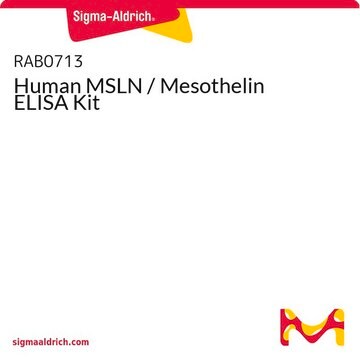717916
Chloroform solution
NMR reference standard, 5% in acetone-d6 (99.9 atom % D), chromium(III) acetylacetonate 0.2 %
About This Item
Recommended Products
grade
NMR reference standard
Quality Level
form
solution
composition
chromium(III) acetylacetonate, 0.2%
concentration
5% in acetone-d6 (99.9 atom % D)
technique(s)
NMR: suitable
NMR tube size
5 mm × 7 in.
5 mm × 8 in.
SMILES string
ClC(Cl)Cl
InChI
1S/CHCl3/c2-1(3)4/h1H
InChI key
HEDRZPFGACZZDS-UHFFFAOYSA-N
Looking for similar products? Visit Product Comparison Guide
Features and Benefits
Quantity
Signal Word
Danger
Hazard Statements
Precautionary Statements
Hazard Classifications
Carc. 2 - Eye Irrit. 2 - Flam. Liq. 2 - Repr. 2 - STOT RE 2 Oral - STOT SE 3
Target Organs
Central nervous system, Liver,Kidney
Supplementary Hazards
Storage Class Code
3 - Flammable liquids
WGK
WGK 3
Flash Point(F)
32.0 °F - closed cup
Flash Point(C)
0 °C - closed cup
Regulatory Listings
Regulatory Listings are mainly provided for chemical products. Only limited information can be provided here for non-chemical products. No entry means none of the components are listed. It is the user’s obligation to ensure the safe and legal use of the product.
EU REACH Annex XVII (Restriction List)
Choose from one of the most recent versions:
Already Own This Product?
Find documentation for the products that you have recently purchased in the Document Library.
Our team of scientists has experience in all areas of research including Life Science, Material Science, Chemical Synthesis, Chromatography, Analytical and many others.
Contact Technical Service








![Chloro[1,3-bis(2,6-diisopropylphenyl)imidazol-2-ylidene]copper(I)](/deepweb/assets/sigmaaldrich/product/structures/199/763/44637b2e-b87c-42a3-abc3-3985b6cd7d5d/640/44637b2e-b87c-42a3-abc3-3985b6cd7d5d.png)


